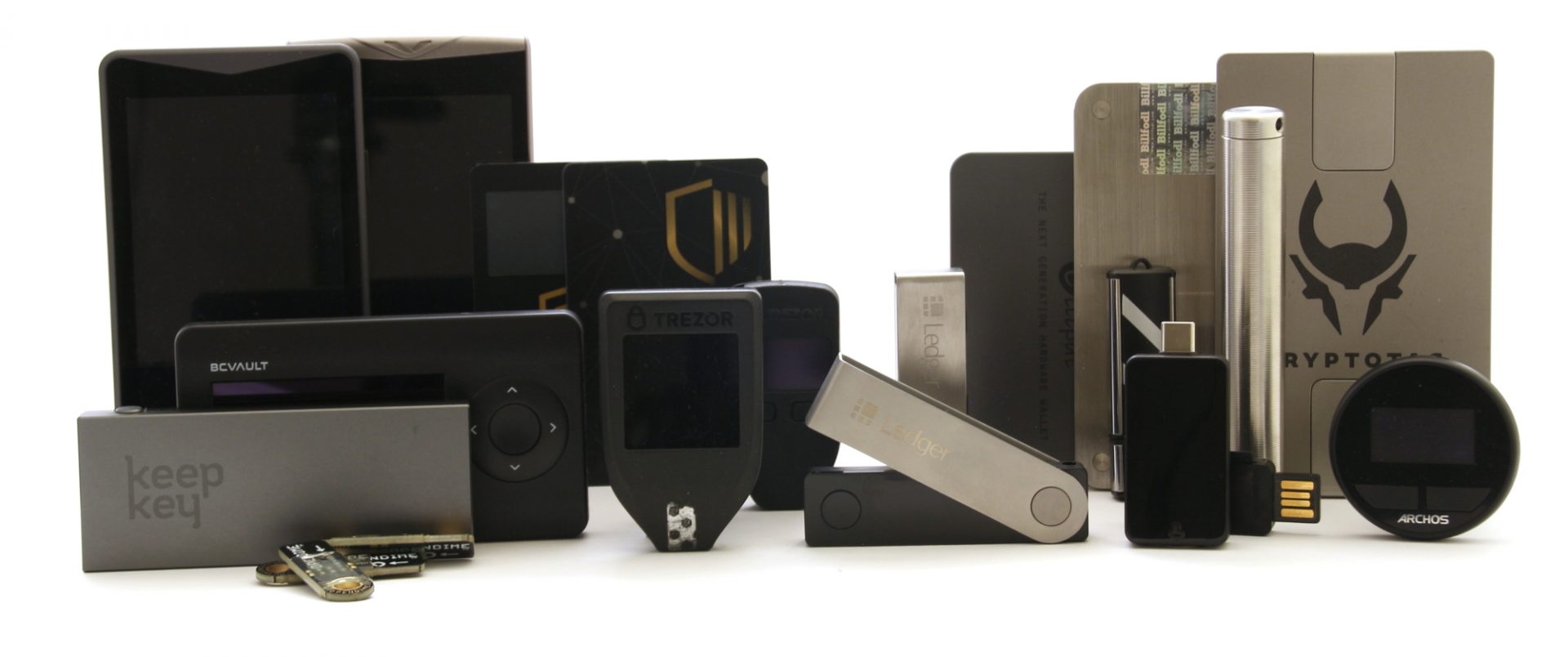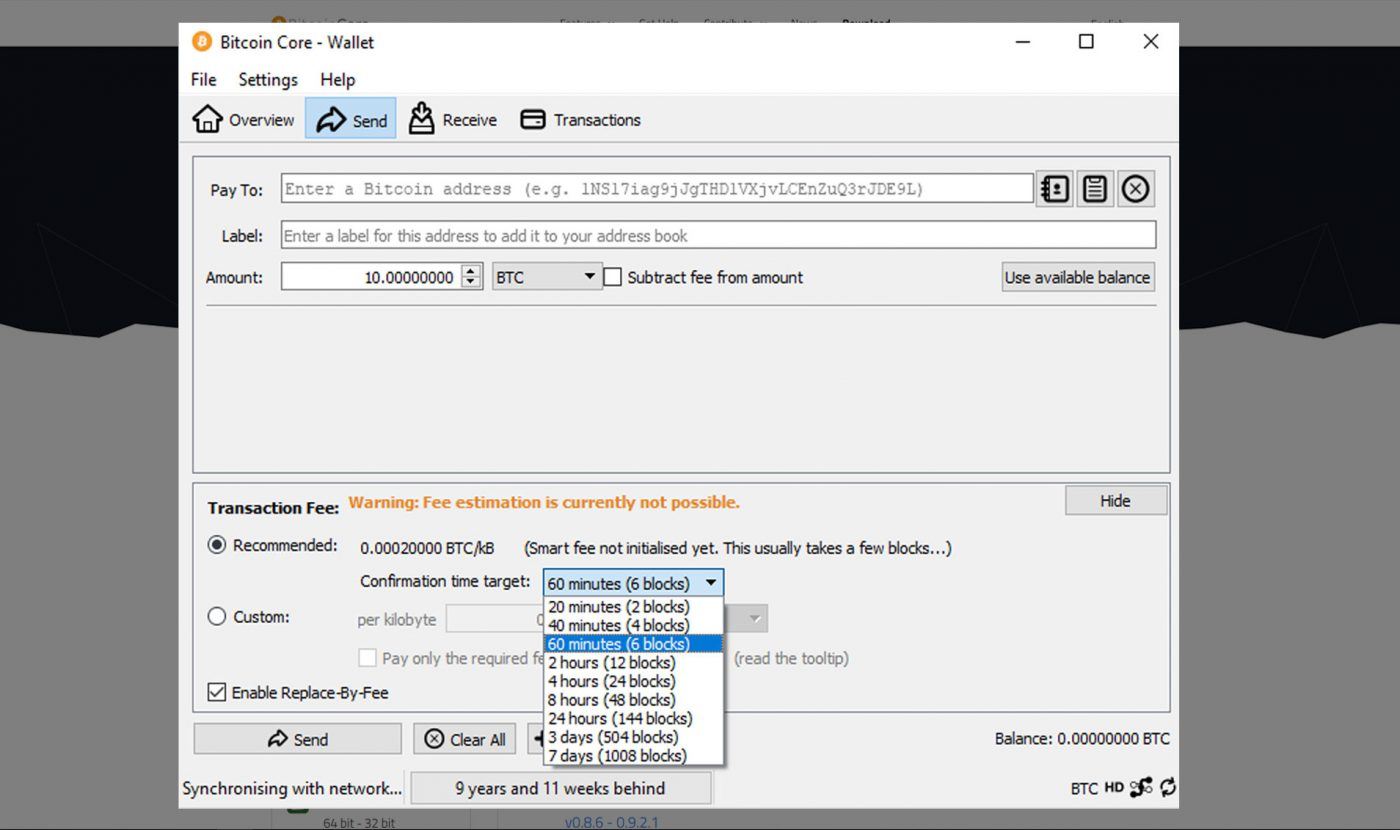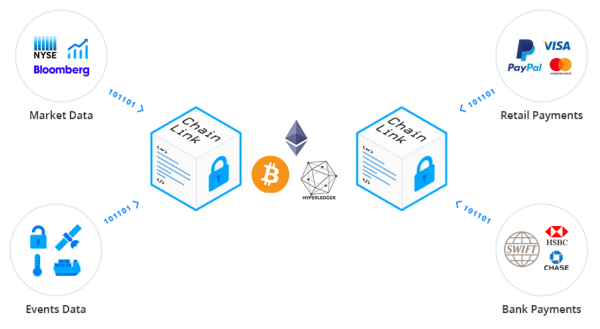{Smart contacts}
Introduction into coding smart contracts on top of blockchains
me@jaro.lt
2022 01 03

# BASICS
Main parts of Bitcoin
Mining, consensus, transaction structure, nodes, wallets...
# BASICS
Full node
Mining
Wallet
Bitcoin core

# BASICS
Full nodes
Full nodes download every block and transaction and check them against Bitcoin's consensus rules.
# BASICS
Mining

It is a transaction record process with bitcoins to blockchain




# BASICS
Wallet
Software or hardware which helps you to visualise balances, store private keys and sign blockchain transactions

# BASICS
UTXO
Unspent transaction output - a scheme how balances are stored in bitcoin blockchain

{Ethereum}
Most popular blockchain that runs smart contracts
# Ethereum

# Ethereum




Blockchain knows only what it was told about
Online
Service
User
Service
# Ethereum
Oracles everywhere




# Ethereum

Ethereum Virtual Machine (EVM)
# Ethereum

Transaction fees and gas management
Gas refers to the fee, or pricing value, required to successfully conduct a transaction or execute a contract on the Ethereum blockchain
| Opcode | Gas |
|---|---|
| ADD | 3 |
| MUL | 5 |
| SUB | 3 |
| DIV | 5 |
| JUMP | 8 |
| AND | OR | 3 |
| SSTORE | 20 000 |
| SLOAD | 2 100 |
| BALANCE | 2 600 |

Example smart contract
// SPDX-License-Identifier: MIT
pragma solidity >=0.8.0 <0.9.0;
contract Token {
string constant public name = "My Coin";
string constant public symbol = "COINX";
uint8 constant public decimals = 18;
mapping(address => uint256) private _balances;
constructor(uint256 supply) {
_balances[msg.sender] = supply;
}
function balanceOf(address tokenHolder) public view returns (uint256) {
return _balances[tokenHolder];
}
function transfer(address recipient, uint256 amount) public {
require(_balances[msg.sender] >= amount, "User is over spending");
_balances[msg.sender] = _balances[msg.sender] - amount;
_balances[recipient] = _balances[recipient] + amount;
}
}
# SMART CONTRACTS
ERC20 token standard
interface IERC20 {
function totalSupply() external view returns (uint256);
function balanceOf(address account) external view returns (uint256);
function transfer(address recipient, uint256 amount) external returns (bool);
function allowance(address owner, address spender) external view returns (uint256);
function approve(address spender, uint256 amount) external returns (bool);
function transferFrom(address sender, address recipient, uint256 amount) external returns (bool);
function upgrade(uint256 value) external;
event Transfer(address indexed from, address indexed to, uint256 value);
event Approval(address indexed owner, address indexed spender, uint256 value);
}# SMART CONTRACTS
Uniswap DEX
function swap(uint amount0Out, uint amount1Out, address to, bytes calldata data) external lock {
require(amount0Out > 0 || amount1Out > 0, 'UniswapV2: INSUFFICIENT_OUTPUT_AMOUNT');
(uint112 _reserve0, uint112 _reserve1,) = getReserves(); // gas savings
require(amount0Out < _reserve0 && amount1Out < _reserve1, 'UniswapV2: INSUFFICIENT_LIQUIDITY');
uint balance0;
uint balance1;
{ // scope for _token{0,1}, avoids stack too deep errors
address _token0 = token0;
address _token1 = token1;
require(to != _token0 && to != _token1, 'UniswapV2: INVALID_TO');
if (amount0Out > 0) _safeTransfer(_token0, to, amount0Out); // optimistically transfer tokens
if (amount1Out > 0) _safeTransfer(_token1, to, amount1Out); // optimistically transfer tokens
if (data.length > 0) IUniswapV2Callee(to).uniswapV2Call(msg.sender, amount0Out, amount1Out, data);
balance0 = IERC20(_token0).balanceOf(address(this));
balance1 = IERC20(_token1).balanceOf(address(this));
}
uint amount0In = balance0 > _reserve0 - amount0Out ? balance0 - (_reserve0 - amount0Out) : 0;
uint amount1In = balance1 > _reserve1 - amount1Out ? balance1 - (_reserve1 - amount1Out) : 0;
require(amount0In > 0 || amount1In > 0, 'UniswapV2: INSUFFICIENT_INPUT_AMOUNT');
{ // scope for reserve{0,1}Adjusted, avoids stack too deep errors
uint balance0Adjusted = balance0.mul(1000).sub(amount0In.mul(3));
uint balance1Adjusted = balance1.mul(1000).sub(amount1In.mul(3));
require(balance0Adjusted.mul(balance1Adjusted) >= uint(_reserve0).mul(_reserve1).mul(1000**2), 'UniswapV2: K');
}
_update(balance0, balance1, _reserve0, _reserve1);
emit Swap(msg.sender, amount0In, amount1In, amount0Out, amount1Out, to);
}# SMART CONTRACTS
{Practical exercises}
Tooling
# PRACTICAL EXERCISE
Generate own private key
from cryptos import sha256
from eth_keys import keys
from eth_utils import decode_hex
# Generate Private Key
priv_key_bytes = decode_hex(sha256('Super Cool Seed')) # You should use random string here
priv_key = keys.PrivateKey(priv_key_bytes)
# Generate Public Key
pub_key = priv_key.public_key
print(pub_key.to_hex())
# Generate wallet address
address = pub_key.to_checksum_address()
assert address == '0x1244c0c7DE707afDD19AE6309E37A07169bC85ae'
# Ethereum

# PRACTICAL EXERCISE
Own Token
Task: create own token and deploy it into Ethereum Goerli testnet
Get in touch
@chompomonim
linkedin.com/in/jarolt
me@jaro.lt